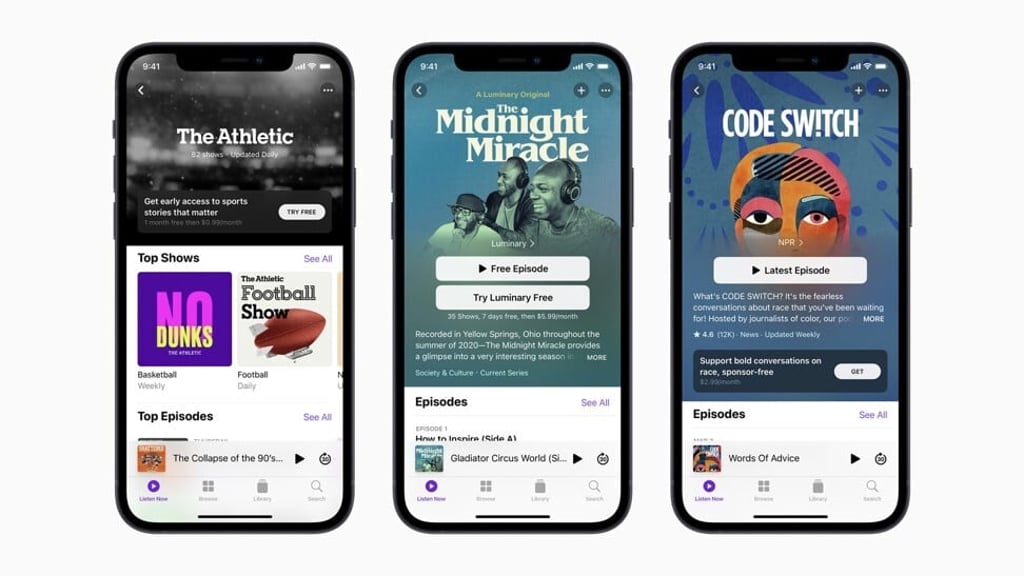Advertisement
China’s podcast fans are tuning in, Big Tech firms are listening
- Major Chinese tech companies, including Tencent, NetEase and Kuaishou, are moving to address the rising demand for podcasts
- The challenge for Chinese firms in the podcast space is making money, despite the growing number of listeners across the country
Reading Time:4 minutes
Why you can trust SCMP

For more than a year, Beijing-based marketing associate Grace Chen has followed the same routine as many people around the world: pop in a pair of earphones and listen to a podcast on the commute to work.
“It just helps me relax, and I appreciate the effort it takes to make a good podcast,” she said. “I think everyone likes it for the same reason.”
It is a sentiment that tech heavyweights in China and overseas have noticed, prompting them to increase engagement with avid podcast listeners like Chen.
Advertisement
Apple, which played a major role in making podcasting mainstream, announced last week a new subscription platform on its podcast app. Swedish rival Spotify continued to strengthen its audio streaming service by recently introducing its own podcast subscription offering in the US.
Chinese tech companies, ranging from internet giant Tencent Holdings to start-ups like app operator Xiao Yuzhou, are also addressing the podcast boom, according to industry insiders.
Advertisement

“Two years ago, you wouldn’t expect or even think that most of the internet giants would actually go into this kind of niche programming,” said Rio Zhan, a Chinese venture capitalist who also hosts a regular podcast about that topic.
Advertisement
Select Voice
Choose your listening speed
Get through articles 2x faster
1.25x
250 WPM
Slow
Average
Fast
1.25x